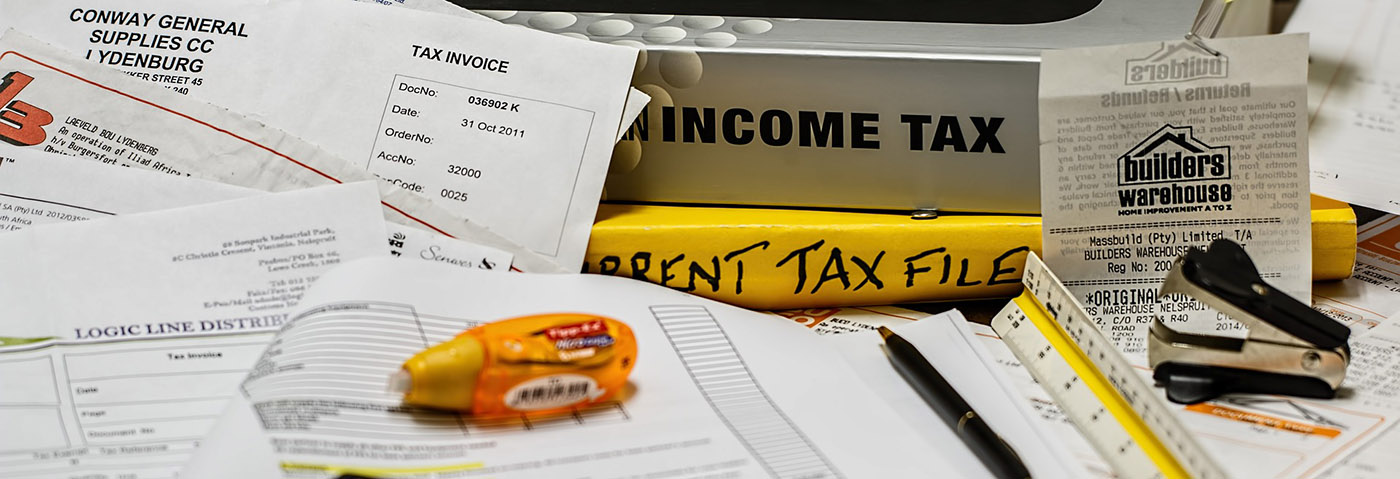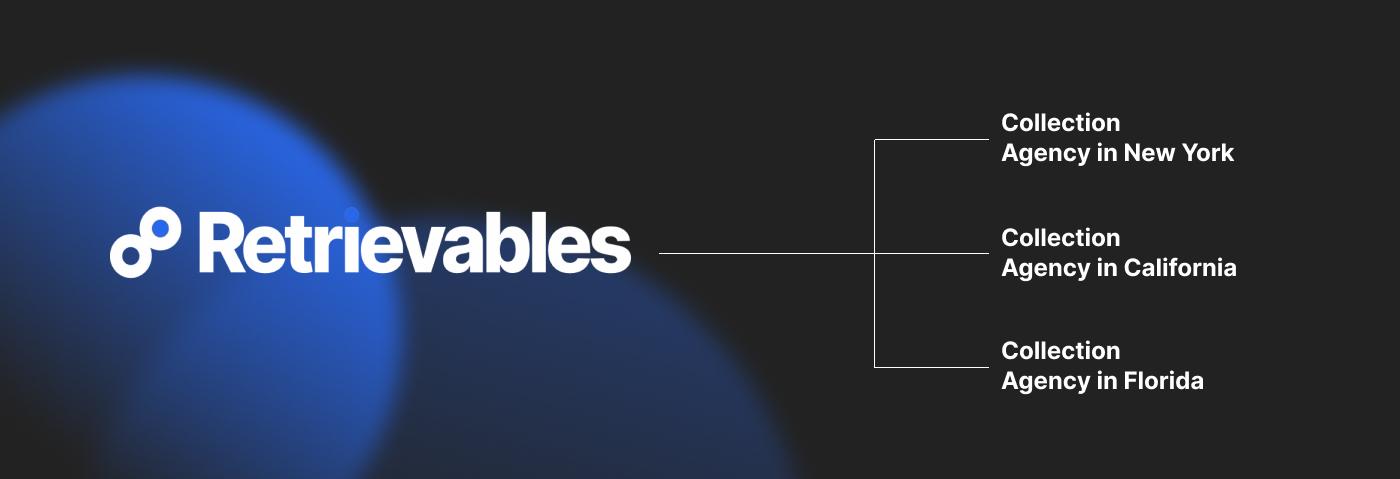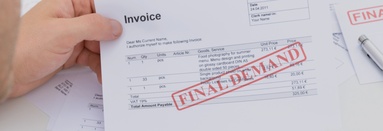What Are B2B Collections?
B2B collections focus on recovering money owed between businesses, typically for goods or services rendered. Unlike consumer collections, which deal with individual debtors, B2B collections involve professional relationships and contracts.
Businesses often face unique challenges in this arena due to the complexity of agreements, larger transaction amounts, and the need to balance assertiveness with diplomacy. Effective B2B collections are about ensuring timely payments while nurturing positive business relationships.

The Importance of a Defined Collections Process
Why a Collections Process Matters
A well-structured collections process provides businesses with a framework to address overdue payments efficiently and professionally. Without one, businesses risk damaging relationships, delaying payments further, and potentially losing revenue altogether.
By standardizing the process, companies can ensure consistent follow-ups, track overdue accounts, and escalate issues systematically when necessary.
Components of a Strong B2B Collections Process
- Proactive Communication: Engage with clients before payments become overdue. Clear reminders close to due dates can prevent delays.
- Follow-Up Communication: Persistence is key. Structured follow-up emails, phone calls, and formal letters keep the payment process on track.
- Demand Letters: A well-drafted demand letter signals urgency and outlines consequences.
- Escalation Procedures: If initial efforts fail, escalate through legal avenues or collections agencies to recover the debt.

Cash Flow: The Lifeline of Businesses
Cash flow is the engine driving business operations, enabling companies to pay employees, invest in growth, and meet other financial obligations. Late payments can disrupt this flow, leading to operational delays and financial strain.
Improving Business Cash Flow
- Early Payment Discounts: Incentivize customers to pay promptly by offering small discounts for early settlements.
- Flexible Payment Options: Allow clients to choose payment plans that suit their cash flow, reducing the likelihood of overdue accounts.
- Automated Invoicing Systems: Streamline the invoicing process with collections software to minimize errors and ensure timely reminders.

Proactive financial management strengthens financial stability and ensures resources are available when needed most.
The Challenges of Unpaid Invoices
Unpaid invoices can disrupt working capital, strain business operations, and lead to significant opportunity costs. A growing number of overdue payments can also necessitate taking out loans, increasing financial liabilities.
Addressing the Root Causes
- Clear Payment Terms: Confusion about due dates or payment methods can delay payments. Ensure every invoice clearly outlines expectations.
- Stronger Relationships: Build trust with customers to minimize disputes over payments.
- Enforcement of Penalties: Late fees deter clients from delaying payments unnecessarily.
The Role of Collections Agencies
When to Consider a Collections Agency
While internal collection efforts are often the first step, collections agencies provide professional assistance when accounts remain unresolved.
Benefits of Using a Collections Agency
- Expertise: Agencies specialize in navigating the complexities of B2B collections.
- Time Savings: Release internal assets to prioritize and enhance primary business activities.
- Legal Support: Many agencies offer legal services, including pursuing default judgments.
- Advanced Technology: Use of cutting-edge collections software for tracking accounts and payments.

Partnering with a collections agency allows businesses to recover outstanding payments efficiently while preserving professional relationships.
Differences Between Business to Business and Business to Consumer Collections
Key Distinctions
B2B collections differ from consumer collections in several ways:
- Transaction Size: B2B payments are typically larger and involve longer credit terms.
- Legal Environment: There are fewer restrictions in B2B debt collection processes.
- Professional Dynamics: Maintaining positive business relationships is crucial.

Understanding these differences helps businesses tailor their collections strategies to suit the professional context.
Accounts Receivable Management: A Core Strategy
What Is Accounts Receivable Management?
Accounts receivable management is the practice of tracking and managing outstanding payments to ensure consistent cash flow and reduce financial risk.
Tips for Effective Receivable Management
- Timely Invoicing: Send invoices immediately after delivering goods or services.
- Payment Tracking: Regularly monitor accounts for overdue payments.
- Automated Systems: Use technology to streamline payment reminders and escalation procedures.

Well-managed accounts receivable not only improve cash flow but also strengthen financial stability and operational efficiency.
B2B Collections Best Practices
Communicate Clearly and Consistently
Regular communication about payment terms and deadlines reduces misunderstandings and fosters trust.
Offer Flexible Payment Plans
Help clients who are encountering financial difficulties by delivering specialized payment arrangements, like installment options or extended payment timelines.
Monitor Cash Flow Regularly
Frequent cash flow analysis helps businesses identify and address potential issues early.
Leverage Technology
Invest in collections software to automate processes, track overdue payments, and manage customer communication.
How Retrievables Can Help Businesses
Retrievables is an innovative debt collection platform that connects businesses with trusted collection law firms and agencies, simplifying the process of recovering overdue business debts. While Retrievables does not provide collection services directly, it partners with expert professionals in the field to enable businesses to promptly and effectively tackle outstanding payment issues.
Why Choose Retrievables?
- Connecting with Expert Collection Law Firms
Retrievables partners with top-tier law firms that specialize in debt collection. If legal action is required, these law firms provide expert guidance and representation, ensuring that businesses have the legal support needed to recover their debts. - Access to Leading Collection Agencies
Retrievables helps businesses connect with established collection agencies that offer professional collection services for recovering overdue payments. These agencies are equipped with the tools and experience to efficiently handle business debts while adhering to legal and ethical standards. - Comprehensive Support for Every Step
From initial communication to legal escalation, Retrievables ensures that businesses have access to the right professionals for every stage of the debt recovery process. Whether it’s a demand letter, negotiation, or legal action, Retrievables connects businesses with the right team to handle the situation. - Relationship Preservation
Although the primary goal is to recover overdue payments, Retrievables understands the importance of maintaining professional relationships. The platform helps businesses connect with professionals who approach debt recovery with respect and care, preserving valuable customer relationships while securing the money owed.

Retrievables empowers businesses to manage their debt recovery processes with confidence. By connecting them with experienced collection law firms and agencies that provide collection services, businesses can efficiently recover outstanding payments and continue focusing on their growth and success.
Addressing Late Payments
Common Challenges
Late payments disrupt cash flow, increase stress, and may strain customer relationships. However, addressing these challenges proactively can minimize their impact.
Proactive Solutions
- Late Fees and Penalties: Implement clear penalties for overdue accounts.
- Incentives for Prompt Payment: Early payment discounts encourage timely settlements.
- Regular Follow-Ups: Maintain consistent communication to ensure payments remain a priority.
Avoiding Common Collection Mistakes
Overlooking Technology
Failing to leverage collections software can lead to inefficiencies and missed opportunities.
Ignoring Escalation
Delaying legal action or escalation increases the risk of financial loss. Act swiftly when initial collection efforts fail.
Strengthening Business Relationships
The Role of Professionalism
Professional and respectful communication ensures that even challenging collections scenarios maintain a foundation of trust.
Negotiation Techniques
By offering flexible payment options and understanding client challenges, businesses can find mutually beneficial solutions.
Conclusion
B2B collections are essential for maintaining financial stability, optimizing cash flow, and fostering strong business relationships. By implementing a structured collections process, leveraging technology, and partnering with solutions like Retrievables, businesses can recover overdue payments efficiently while minimizing risks.
For entrepreneurs and enterprise managers alike, investing in effective B2B collections practices ensures long-term success and operational resilience. Embrace proactive strategies today to safeguard your business’ future.









